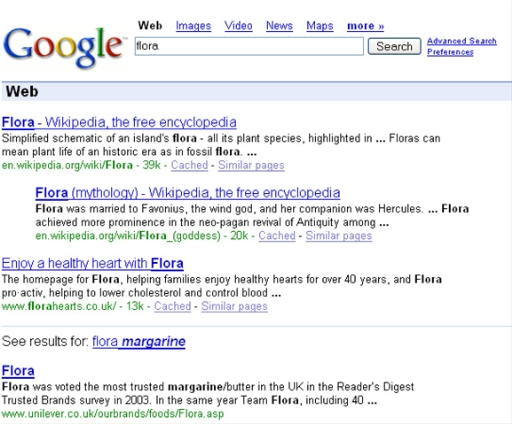SOBOLEO
We present SOBOLEO, a system for the webbased collaborative engineering of SKOS ontologies and annotation of web resources. SOBOLEO enables the simple creation, extension and maintenance of taxonomies. At the same time, it supports the annotation of web resources with concepts from this taxonomy.
And another publication. I talked about SOBOLEO before, but now it got its own demo paper. SOBOLEO is a rather nice tool that brings together Semantic Search, a lightweight annotation tool (AJAX bookmarklet) and a collaborative real time taxonomy editor. In the coming days SOBOLEO (and all other demos) will also be available for the workshop participants to try out - I'm curious how that'll work out; how well it will be able to holds its own against the likes of collaborative Protégé and Bibsonomy (I always like it when the other approaches that you dismiss in the "related work" section are actually present at the same workshop :)
It's also published at the Workshop on Social and Collaborative Construction of Structured Knowledge @ WWW. Authors are the developers of SOBOLEO - Valentin Zacharias and Simone Braun. You can read the entire (demo) paper here.
Labels: publication, SOBOLEO




